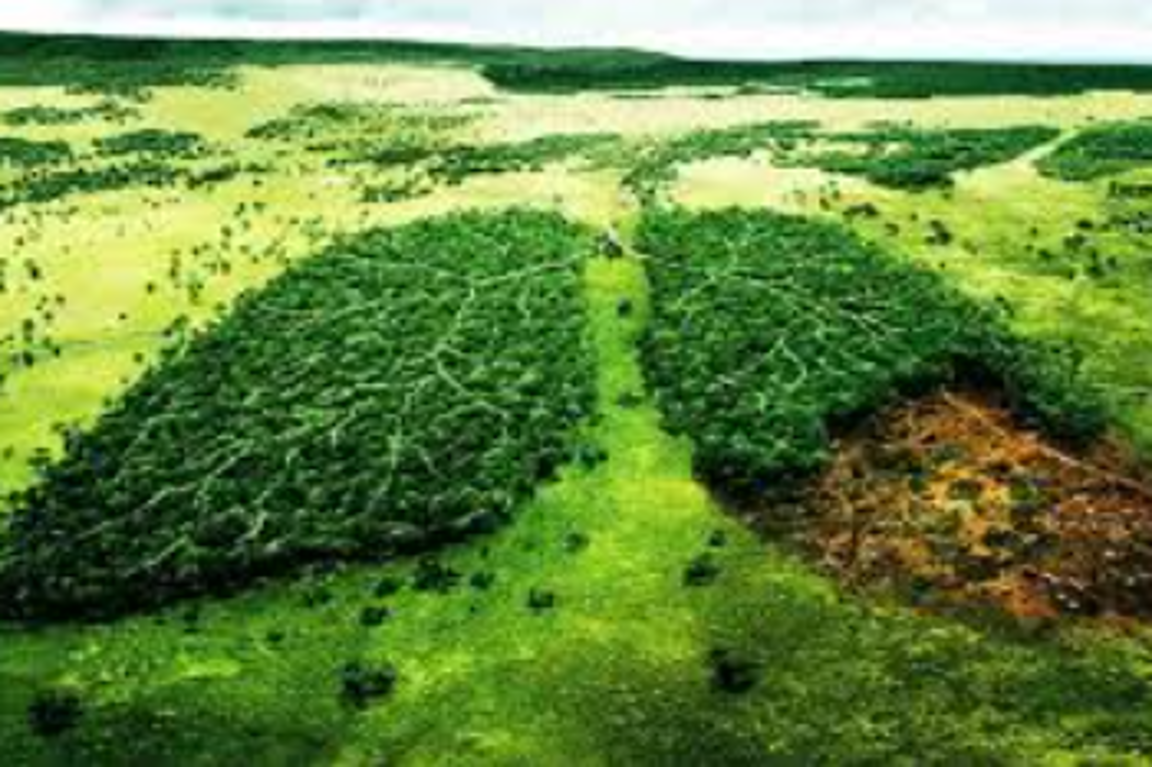
Researchers today think that it is humanity’s ruination of biodiversity and careless usage of natural resources that creates the conditions for new viruses and diseases such as novel COVID-19, the much spread disease that emerged in China in December 2019, to arise with profound health and economic impacts in prosperous and poor nations alike. However, only a decade or two ago it was widely thought that tropical forests where natural ecosystems are intact and exotic wildlife threatened humans by harbouring the pathogens and microbes that become the cause of new diseases in human beings.
As the COVID-19 pandemic spreads around the globe and continues to bother us, we have become part of a natural experiment. A virus has crossed the species boundary and has made its way to the bodies of human beings, supposedly from bats. But this pandemic also exemplifies that human societies can transform more or less overnight. Entire countries are into lockdown mode, citizens are terror-stricken and there is a financial-market meltdown. However, to manage with this crisis, there must be a long term plan to deal with its after-effects and psychological lessons. If a crisis is muddled while maintaining the same old models of resource harnessing, there will be future shocks to our necessities and way of life which will exceed the limitations of governments and institutions to combat. Thus, the COVID-19 reflects a broader trend.
Humans are encroaching on natural habitats of other organisms by using land for agriculture, mining and conversion to concrete jungles. The buffer zones are destroyed making it easier for pathogens to move from wild animals to people. There is an opportunity to develop institutions and plans that boost the economy, support communities while also reducing carbon emissions and conserve biodiversity. The ecosystem services should be protected. Land restoration is ecological restoration of a site which is safe for flora, fauna and human beings. Investing in land restoration will have additional long term benefits-better productivity and income opportunities paving the way for a sustainable future.

There is a fundamental issue associated with revolutions and advancements-we take natural resources for granted like forests and river basins. Deforestation continues unabated in the world and at sea, ninety percent of the world’s stocks are overfished. Impacts are not confined to the natural world, people have been suffering from consequences even before the pandemic set its grip. The scarcity of food and water resources with poor quality of air(another resource) are clear evidences of the same. It is the right time to focus on appropriate use of technologies for developing solutions that have the potential to make a change along with using a new approach towards resources. The pandemic shows how we have the ability to adapt ourselves and transform ourselves. It will not be wrong to say that we are dynamic and entrepreneurial.
There is a wake-up call to manage natural resources through collective action that should start long before there is a full-blown crisis. It should not be all about learning to manage life in lockdown and monitoring the soaring numbers of infections and deaths, even though giving a room for thought to anything else is difficult as of now. Rather than simply reacting to disasters, we can do better by using science to design economies and societies that will engage in sustainable development of resources and prevent the already existent threat to climate and biodiversity. We are already setting ourselves up for disaster by utilising natural resources faster than they can be restored and releasing wastes faster than they can be absorbed. The European Green Deal prioritises to develop a power sector based largely on natural resources.
Our natural limits have long exceeded. If human beings, as a community learn from their failings, they are perfectly capable of beginning again. The global response to this pandemic should be to avoid temptation of revival of the economy and work towards creating a sustainable and greener society which uses resources judiciously. A brighter future different from the one currently in store for us can be built from our resilience, foresight and dedication. This is an opportunity to start investing time, money and brains in planetary health and sustainable development.
